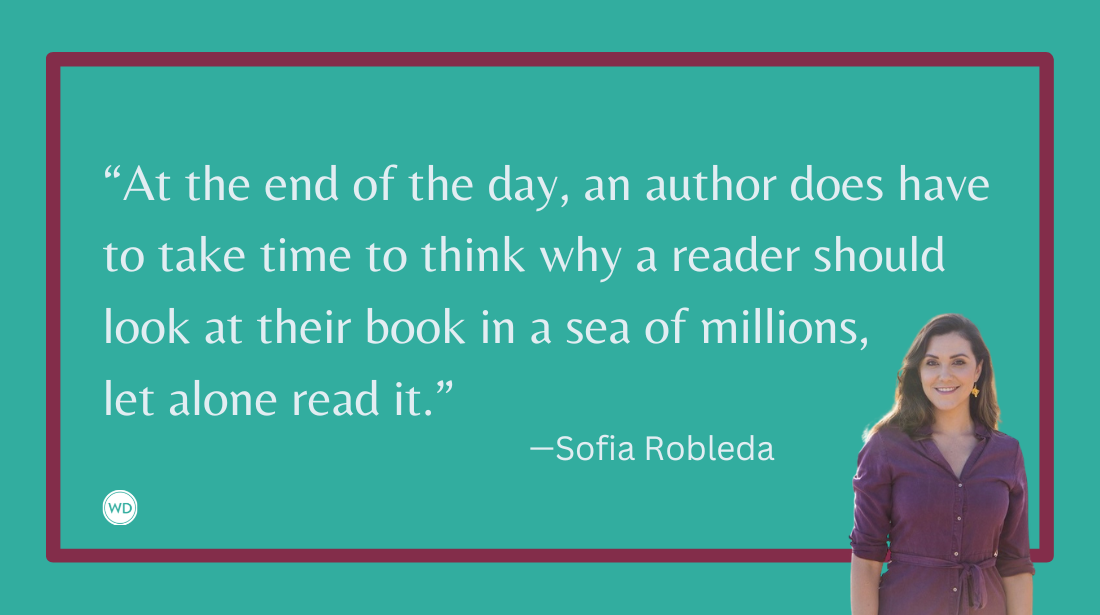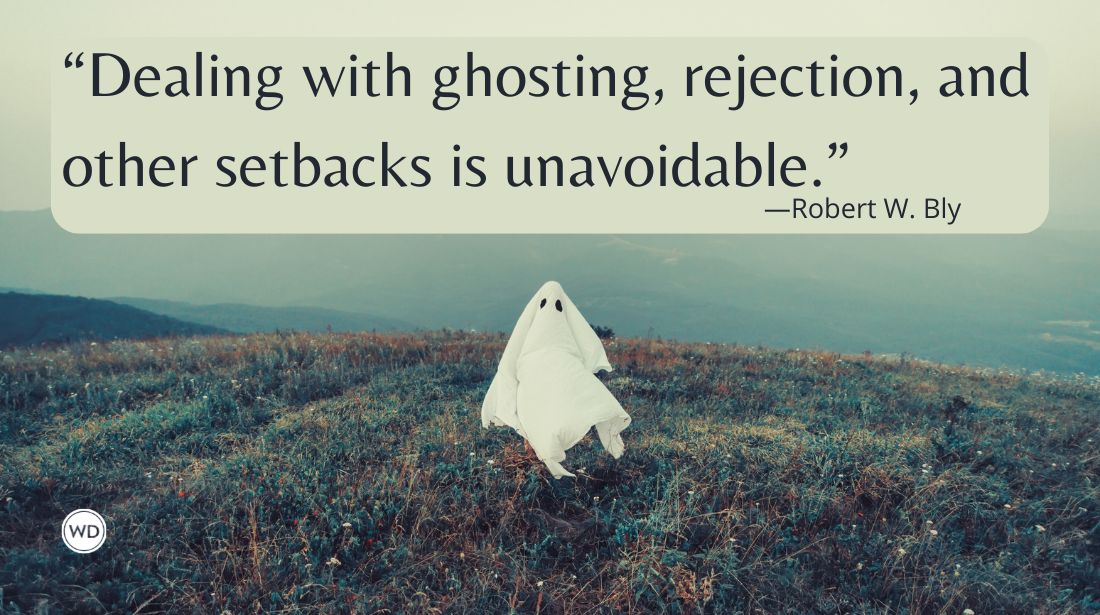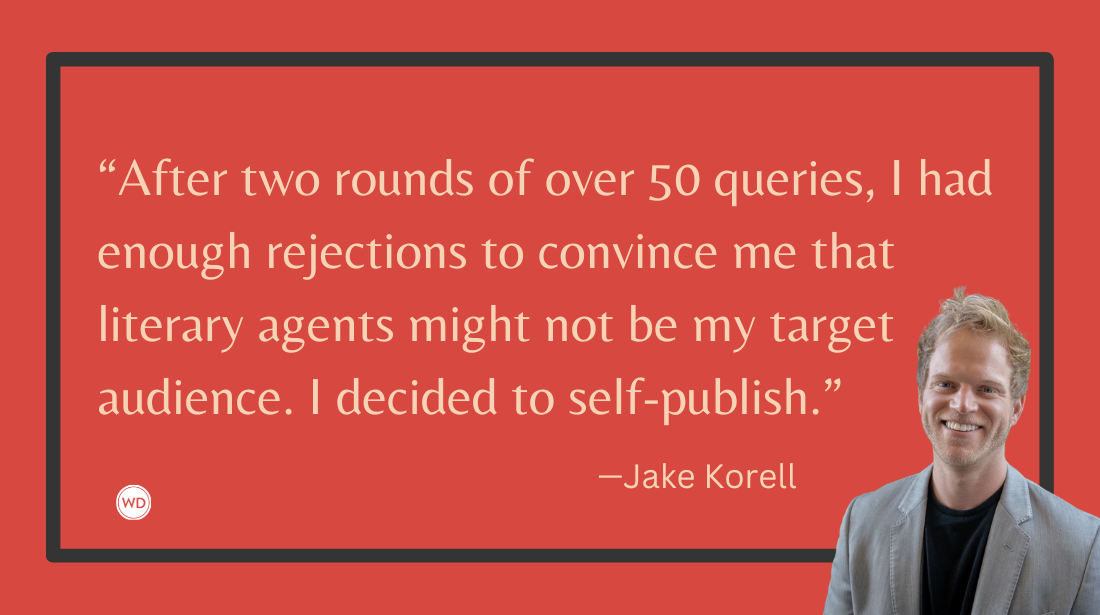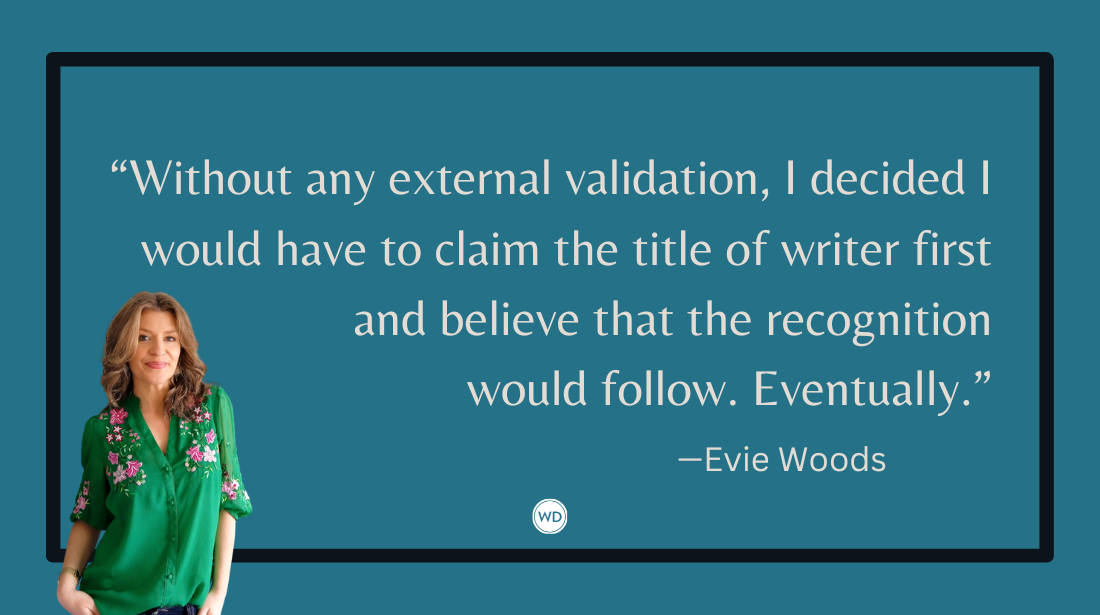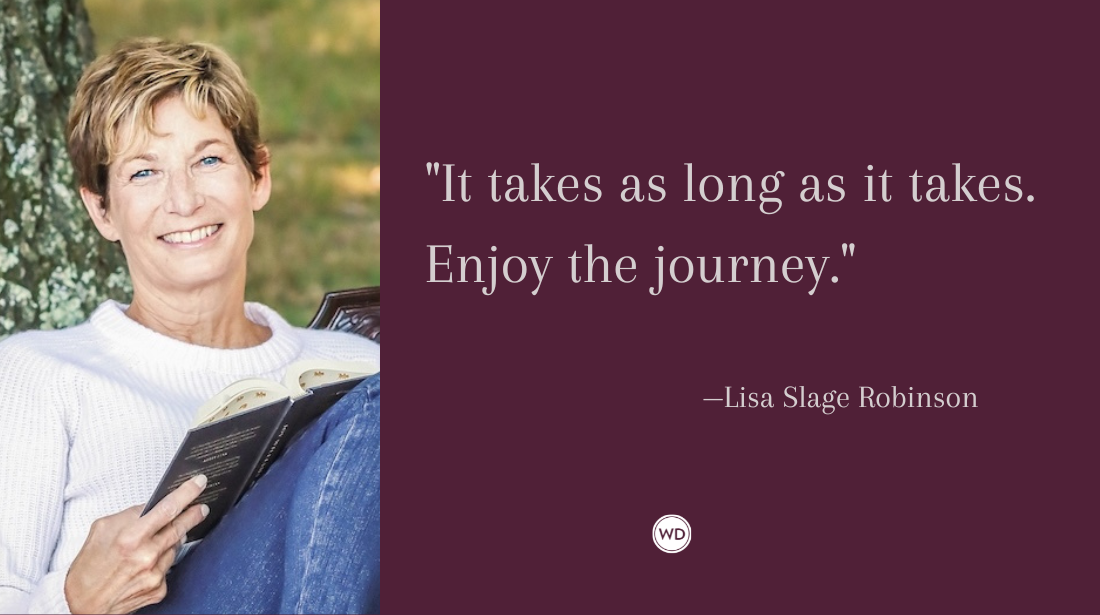Super-Powered Book Proposals Secret #1: There Is No Try. Do!
This post kicks off a series I’m writing on how to super-power your nonfiction book proposal. For the majority of nonfiction book ideas (except possibly memoir), you should prepare a…
This post kicks off a series I'm writing on how to super-power your nonfiction book proposal. For the majority of nonfiction book ideas (except possibly memoir), you should prepare a book proposal first, rather than write the manuscript. To find out if you should write a book proposal, click here.
Secret #1: There Is No Try. Do!
One of the most essential components of your book proposal is your marketing plan. (Click here to download a handout describing what goes into a proposal.)
Many people write their marketing plan in extremely tentative fashion, talking about things they are "willing" to do if the publisher asks, or how they will try, at some point in the future, to contact people for blurbs or publicity.
This is deadly language for your proposal that will increase the chance of rejection. Avoid it!
Instead, you need to be confident, firm, and direct about everything that's going to happen with or without the publisher's help. Make it concrete, realistic, and attach numbers to everything!
Avoid
I plan to register a domain and start a blog for my book.
Super-Powered
Within 6 months of launch, my blog on [book topic] already attracts 5,000 unique visits per month.
Avoid
I plan to contact bloggers for guest blogging opportunities.
Super-Powered
I have also guest blogged every month for the past year to reach another 250,000 visitors, at sites such as [include 2-3 examples of most well-known blogs]. I have invitations to return on each site, plus I've made contact with 10 other bloggers for future guest posts.
Avoid
I plan to contact conferences and speak on [book topic].
Super-Powered
I am in contact with organizers at XYZ conferences, and have spoken at 3 events within the past year reaching 5,000 people in my target audience.
Avoid
I plan to participate with online communities dedicated to [book topic].
Super-Powered
I have been an active participant at [site] and [site] for 18 months, which have about 30,000 combined members who I interact with, and are interested in my book topic. I am also moderator for a forum on [site] which has [# members] or [# posts per day].
Avoid
I plan to query publications to place articles on [book topic.]
Super-Powered
I have written for [most highly visible publications] and the editors have already expressed interest in featuring original articles on [book topic].
The secret of a super-powered marketing plan isn't the number of ideas you have for marketing, or how many things you are willing to do, but how many solid connections you have that are already working for you, and how many readers you NOW reach through today's efforts. You need to show that your ideas are not just pie in the sky, but real action steps that will lead to concrete results and a connection to an existing readership. You impress a publisher by functioning far beyond book publicity's ground zero.
Previous blog posts on this topic:
- A Book Proposal Is Like a Business Plan
- The Golden Rule About Nonfiction Books
- Craft a Salable Nonfiction Hook
- Not All Books Need to Be Well-Written to Sell
Looking for the best guide ever to book proposals? Check out Michael Larsen's How to Write a Book Proposal, the most definitive guide on the topic since the 1980s.
Jane Friedman is a full-time entrepreneur (since 2014) and has 20 years of experience in the publishing industry. She is the co-founder of The Hot Sheet, the essential publishing industry newsletter for authors, and is the former publisher of Writer’s Digest. In addition to being a columnist with Publishers Weekly and a professor with The Great Courses, Jane maintains an award-winning blog for writers at JaneFriedman.com. Jane’s newest book is The Business of Being a Writer (University of Chicago Press, 2018).





